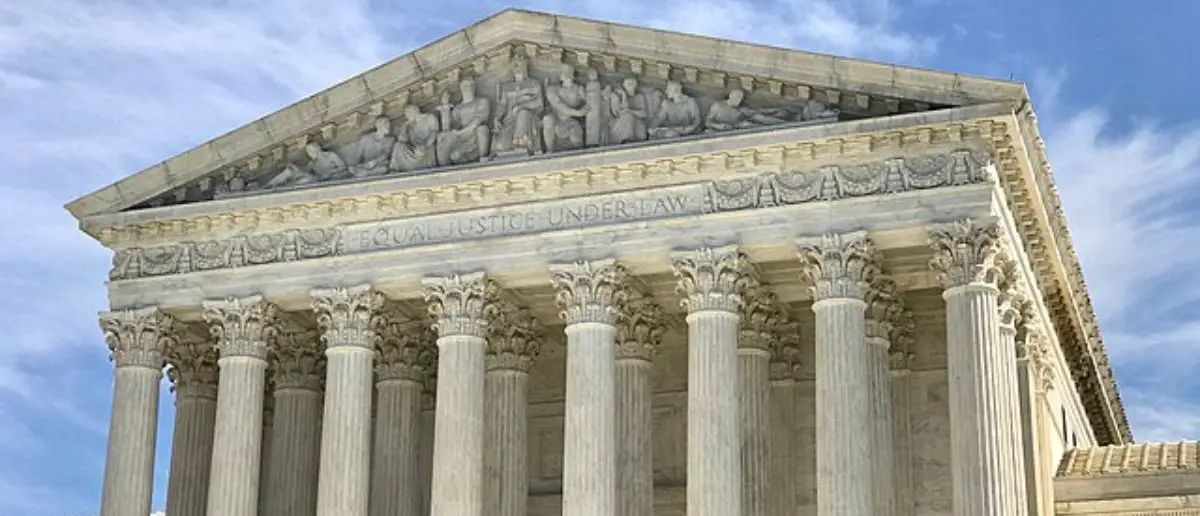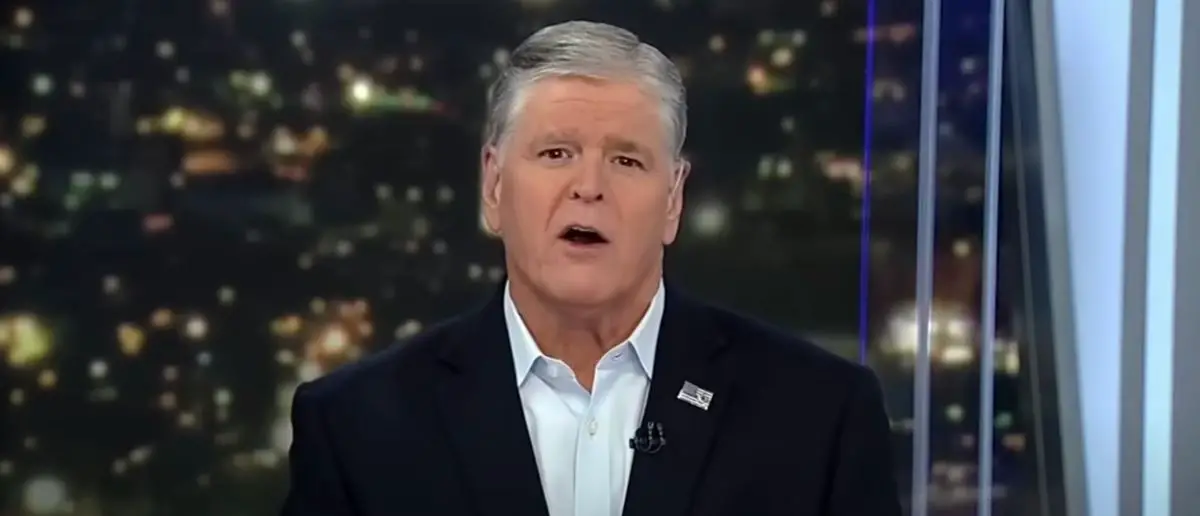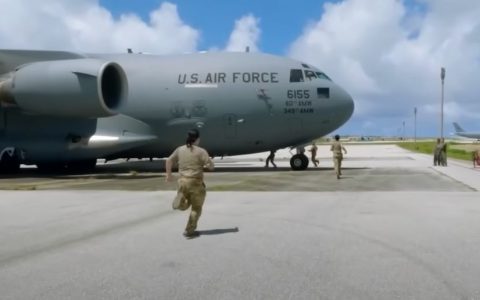
The Supreme Court has been friendly to Republicans lately. Now they have a big decision to make.
Because the Trump administration ordered them to make this landmark ruling.
On Wednesday, the Trump administration launched a spirited final stand, pressing the Supreme Court to dismantle a lower judge’s misguided rulings and empower President Trump to swiftly deport suspected Venezuelan gang members to El Salvador, drawing on a rock-solid law from the 1700s.
Acting Solicitor General Sarah Harris pulled no punches, blasting Judge James Boasberg for his chaotic “shoot-first-aim-later” approach to the case. She warned the justices that the longer his deportation freeze drags on, the more it undermines Trump’s rightful presidential powers and America’s strength in global diplomacy.
“A single district court cannot broadly disable the president from discharging his most fundamental duties,” Ms. Harris told the justices, making a compelling case for executive authority.
What started as a routine legal spat has ignited into a critical showdown over presidential power, with Judge Boasberg becoming a focal point for Republican outrage at judicial roadblocks stalling Trump’s bold second-term vision.
The fight revolves around migrants the administration ties to Tren de Aragua (TdA), a Venezuelan gang branded a foreign terrorist organization by the U.S.—a designation that highlights the threat they pose.
Brandishing the 1798 Alien Enemies Act, Trump has championed rapid deportations that cut through bureaucratic red tape, arguing TdA members are far too dangerous to linger on American soil, free or detained.
Opponents, though, shrug off the gang’s menace, claiming many of those Trump has pegged as members aren’t in TdA at all—some, their lawyers insist, are even its victims.
The American Civil Liberties Union (ACLU), siding with the migrants, took aim at Trump’s strategy, with lawyer Lee Gelernt arguing before the justices:
“The proclamation does not provide any process for individuals to show they are not affiliated with TdA and instead authorizes the summary removal of Venezuelan nationals based only on the government’s allegation.”
Ms. Harris countered sharply, highlighting “habeas” cases—focused yet powerful legal tools—as a clear avenue for migrants to challenge their designations.
The justices now wrestle with thorny issues: Can Judge Boasberg’s temporary restraining order even be appealed yet? Did he overreach by slamming the brakes on deportations under the Alien Enemies Act?
Ms. Harris’s brief landed just days after the administration fessed up to a hiccup in another case, where a suspected MS-13 gang member was sent to El Salvador despite a judge’s warning of possible persecution or torture—his family only realizing it after spotting his tattoos in a news photo from a terrorist prison.
Immigration critics call this a mere stumble, but it’s a rare crack in the administration’s otherwise firm resolve.
The Supreme Court’s timeline remains a mystery.
Meanwhile, Judge Boasberg is zeroing in on three deportation flights to El Salvador on March 15—one that defied his stop order by taking off, and two that pressed on despite his midair turnaround command.
The administration stands firm, noting those planes were beyond U.S. airspace and thus outside his grasp.
Trump’s team has wisely tapped the “state secrets” doctrine, keeping sensitive details under wraps as this high-stakes battle unfolds.





